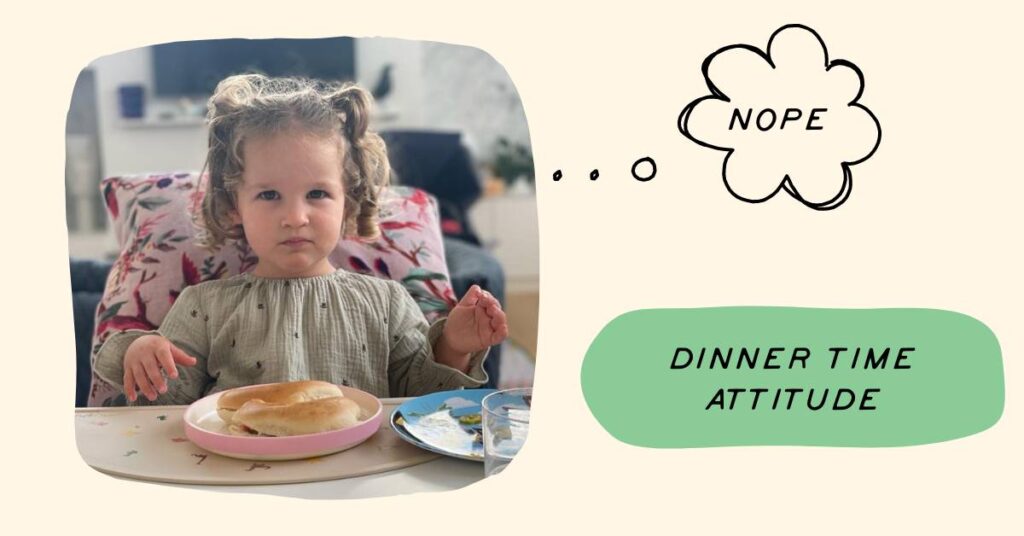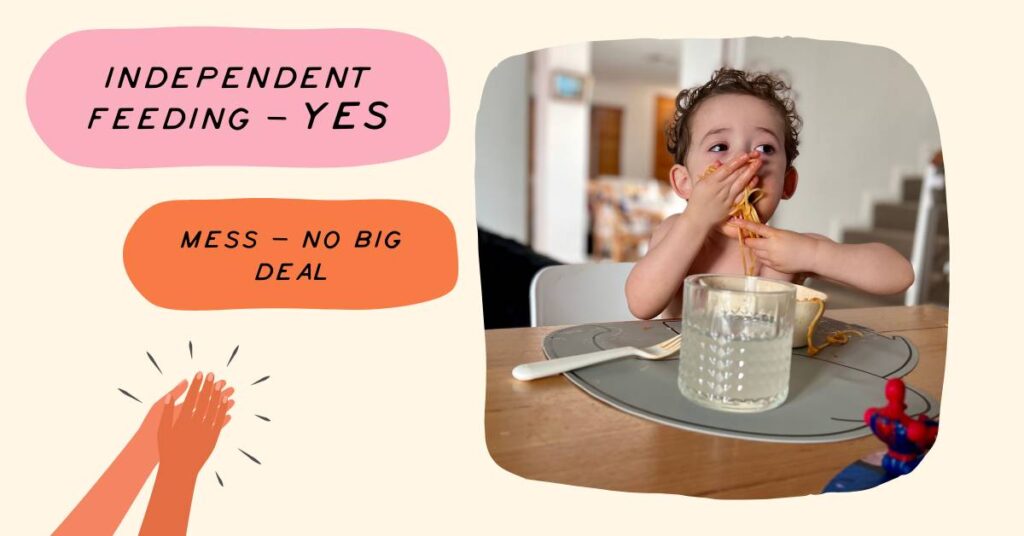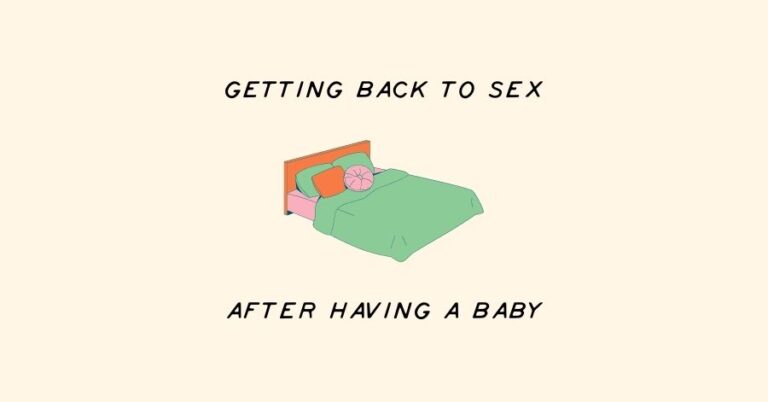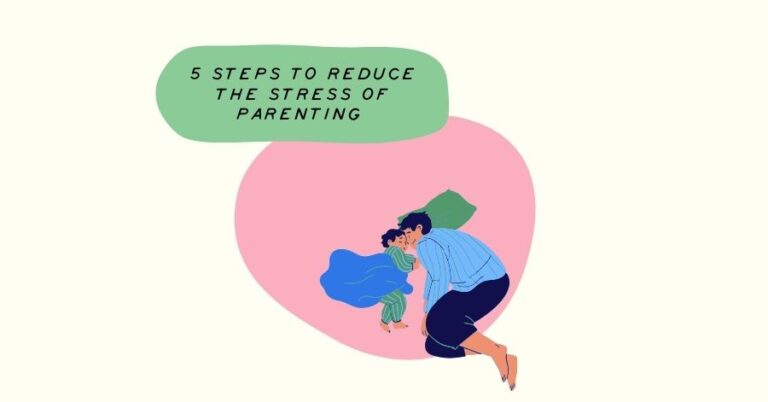The biggest problem with children is that they’re not robots – that is, it can be hard to actually get them to do as you ask (especially the first time).
Rather than getting frustrated when your child doesn’t do what you want them to do, understand that they are a whole individual person with enormous future potential, trapped inside the uncomfortable confines of a small, undeveloped body and brain. If you want your kids to do as you wish, it’s time to start playing to their strengths and carefully distracting them from their ingrained tendencies.

This means that putting energy into the things that you want your child to do (like eating weird, green vegetables and brushing their teeth) will yield more favourable results.
“Have you ever noticed that we say “no” more emphatically than “yes”? Children learn what we don’t want them to do and they lack the maturity to understand the difference between positive and negative energy. They just see energy, and they gravitate towards it.” – Dr Leon Levitt
This is why a child (or a cat) will continue to do things they’re not supposed to after being told “no” (or later, “NO!”).

It goes against nature not to react to unsavoury behaviour, but youngsters (contrary to popular belief) are not malicious – they do not mean to intentionally do the wrong thing. If you can distract them with something more stimulating when they exhibit a behaviour you don’t like, it’s a surefire way of drawing energy away from the bad and towards the good.
With older children, one tried and true method of encouraging good behaviour is incentivising a motivating action, rather than punishing undesirable behaviour.
For instance, a child who doesn’t enjoy brushing their teeth may be incentivised to comply if the prospect of playtime follows the task. “When you’ve finished brushing your teeth, we can go to the park for a play!” is better than “you can’t go to the park if you don’t brush your teeth.” Phrasing is important, and if you leave the ball in the child’s court, they are responsible for their own privileges.

Make sure that the things you want them to do (and that you put energy into) are age appropriate and work for them.
For example, toilet training before the child is ready is likely to result in anxious feelings about the potty. Many parents (prompted by some daycare requirements for toilet training) put a time limit on their child conquering the potty without realising the ramifications of starting too early.
Most children become ready to learn between 18 months and 3 years old, so it’s a large window in which to pay attention to signs rather than implementing a regime before the child is prepared.
Similarly, attempting to mandate meals before the child has any interest in sitting still for more than a minute at a time is unlikely to yield favourable results.

Many of us think that being a good parent (insert link to How to Be a Good Parent blog) means subscribing to certain universal parenting truths, like the idea that you should feed your toddler three meals a day. However, young kids tend to graze and not eat full meals.
So you end up sitting with your child, playing games, trying everything you can to encourage them to eat. This is putting in a lot of energy, at a time when they are sitting and thinking to themselves ‘I’m not hungry’. A young child registers this as a nod at the not-eating behaviour because they know that this is an easy way to get lots of energy from you.
It trains them to repeat the behaviour and leaves you, as parents, feeling frustrated and exhausted (and the table, covered in half-chewed broccoli carelessly spat out).
Instead of forcing meals, try not to make a big deal of the behaviour and allow your young one to nibble throughout the day when they’re hungry. If you want to subtly sell the idea of eating square meals at the table, put on a performance and up the ante of your own enjoyment in eating your meal. Your toddler doesn’t know the difference between a Nobu steak and a sandwich, so use this to your advantage.

The concept, thankfully, doesn’t change all that much as children age – it can also be applied to teenagers. If you put energy into praising them for the positive things that they do, they will continue to do those things. In comparison, if you focus on them failing a test or making a poor life decision, they will think you see them as a failure and act in a way to further perpetuate that.
Teenagers undoubtedly possess more critical thinking than toddlers (even if, at times, it doesn’t seem the case) but they’re still reliant on your energy in succeeding in their own lives. It’s especially important to remember this when coping with the inevitable attitude changes that occur and can sometimes come across as disrespect. This article contains some useful tips on how to deal with difficult teenage behaviour.
If you can reserve judgement, focus on the positive and encourage the behaviour that you do approve of, children of all ages will likely get on the same frequency and you may suddenly find that your messages are being received.
For more parenting tips on getting kids to do the right thing, visit #DrLeon.
And if all else fails, a laser pointer on the wall works wonders as a distraction.

Practical and gentle advice on getting back to sex, from GP Obstetrician Dr Leon Levitt. He discusses everything from communication in relationships to contraception.

Stress in parenting has reached epidemic proportions. How can we take the natural stress and worry of parenting, and stop it from becoming excessive? By following these 5 simple steps from Dr Leon Levitt.

What does it mean when my baby cries? How do I know if they have colic or reflux? Dr Levitt provides all the answers when it comes to unsettled and crying babies.
We acknowledge the traditional custodians of the land on which Baby Steps stands and we pay our respects to Elders past, present and emerging. The land on which we live and work always was, and always will be Aboriginal land.
© 2024 Babysteps Health Centre | Terms of Service | Privacy Policy | Shipping & Returns
The Clinical Guidance Committee advise Baby Steps on all clinical matters effecting the health practitioners within our centre. It’s members gather together to discuss and develop guidelines relating to:
Meetings are held several times a year, or at the request of Baby Steps for specific clinical advice. It is lead by a chairperson and educational coordinator, elected by the group of participating health practitioners.
Baby Steps supports the independent businesses of:
If you’re looking for support, contact our Practice Manager Michelle Bredemeyer
pm@babystepshealth.com.au
08 9387 2844